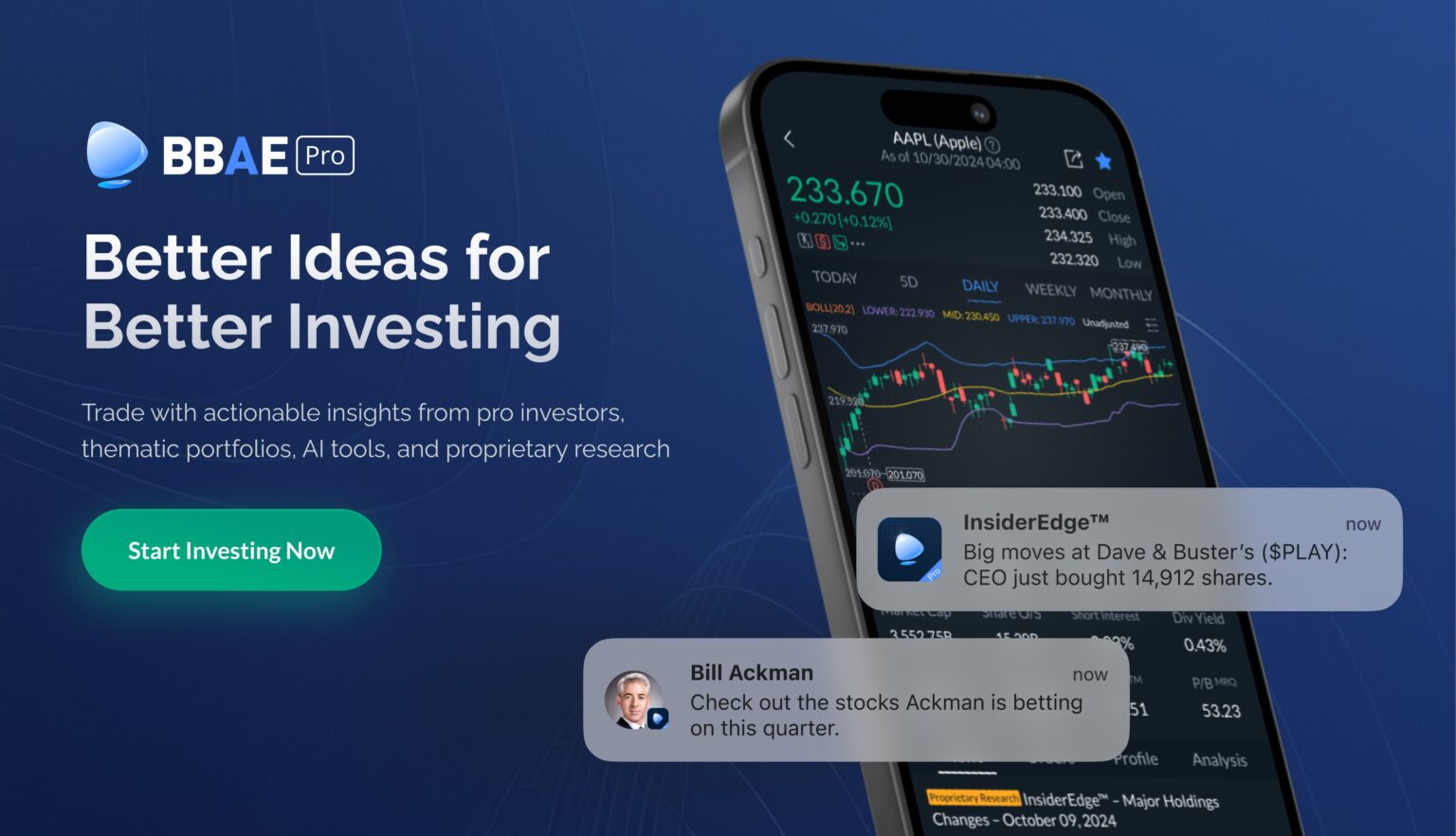This week, several stocks caught investors’ attention, driven by significant developments and market momentum. Here’s the breakdown of this week’s trending stocks:
Novo Nordisk’s ($NVO) Alzheimer’s Trials Fall Short
Novo Nordisk ($NVO), the global healthcare company best known for Ozempic and Wegovy — reported that its two major Phase 3 Alzheimer’s trials, evoke and evoke+, did not show a meaningful slowdown in disease progression.
The studies followed more than 3,800 people over two years, testing whether oral semaglutide could help slow early Alzheimer’s. While the drug improved certain biological signs linked to the disease, it did not translate into real clinical improvement for patients. In simple terms, people taking semaglutide declined at about the same pace as those taking a placebo.
Novo said the drug appeared safe and worked as expected from a safety standpoint, consistent with how it performs in diabetes and obesity. The company thanked participants and said it pursued the Alzheimer’s program because early data suggested there might be a chance — even though expectations for success were low.
Because the trials failed to show benefit, Novo is stopping the planned extension study, and full detailed data will be shared at medical conferences over the coming months.
Stock Price Reaction
Shares of Novo Nordisk fell around 5%, as investors reacted to the disappointing trial results.
WeRide ($WRD) & Uber ($UBER) Launch First Driverless Robotaxi Service in the Middle East
WeRide ($WRD), a global autonomous-driving company and Uber ($UBER), the world’s largest ride-hailing platform — have officially launched the Middle East’s first fully driverless Robotaxi service in Abu Dhabi.
The new service began commercial operations today on Yas Island, marking the first time any city outside the U.S. is hosting Level 4 driverless rides on the Uber platform. The launch was supported by Abu Dhabi’s transport regulator, which issued the world’s first city-level permit for a fully driverless Robotaxi service outside the United States.
Riders can now be matched with a WeRide Robotaxi through UberX, Uber Comfort, or Uber’s new “Autonomous” category — the company’s first dedicated self-driving ride option globally. Cars operate without a safety driver, and the service is being run jointly with fleet operator Tawasul.
This rollout builds on several years of WeRide activity in the UAE. The company has been testing Robotaxis in Abu Dhabi since 2021, holds a national license to operate autonomous vehicles across the country, and already runs one of the largest commercial Robotaxi programs outside the U.S. and China. The Uber partnership is expected to expand across Abu Dhabi over time, with the companies planning to scale to thousands of Robotaxis in the region.
Stock Price Reaction
Both WeRide and Uber shares closed slightly higher, with no major market move following the announcement.
AST SpaceMobile ($ASTS) Expands U.S. Manufacturing
AST SpaceMobile ($ASTS) — the company building a satellite network that connects directly to everyday smartphones — announced a major expansion of its manufacturing footprint across Texas and Florida as it ramps up production of its next-generation BlueBird satellites.
The company has added two new manufacturing sites, one in Midland, Texas and another in Homestead, Florida, bringing its total U.S. facilities to seven. AST SpaceMobile has also doubled its U.S. workforce in just six months and now employs more than 1,800 people, most of them in Texas.
Texas remains the company’s primary hub, where AST SpaceMobile builds BlueBird satellites from the ground up — from raw materials to finished spacecraft. This vertically integrated model, with 95% of manufacturing done under U.S. control, allows the company to move faster and maintain tighter supply-chain oversight.
The newly expanded footprint boosts capacity for the next wave of BlueBird satellites. These next-generation models are designed to deliver up to 10× the bandwidth of the current satellites in orbit and feature 2,400-square-foot phased-array antennas — the largest of their kind in low Earth orbit — along with custom power systems and the company’s AST5000 custom chip.
CEO Abel Avellan said the expansion helps AST SpaceMobile “build more satellites, faster — and do it here at home,” as the company works with partners like AT&T, Verizon, American Tower, and Google to roll out global direct-to-phone satellite coverage.
Stock Price Reaction
ASTS shares closed slightly higher on the news, as investors welcomed the expansion and continued momentum toward large-scale deployment.
This article is for informational purposes only and is not investment advice or a solicitation to buy or sell securities. The content is based on publicly available information and reflects the author’s opinions as of the publication date, which may change without notice. All investments carry inherent risks, including the potential loss of principal, and past performance is not indicative of future results. Forward-looking statements, including references to projected revenues, market trends, or business developments, are based on current expectations and assumptions. Actual results may differ due to various factors, including regulatory changes, economic conditions, competitive pressures, and unforeseen market fluctuations. Readers should conduct their own research or consult a financial advisor before making investment decisions. BBAE holds no position in the securities mentioned, nor are they compensated by the companies mentioned.









